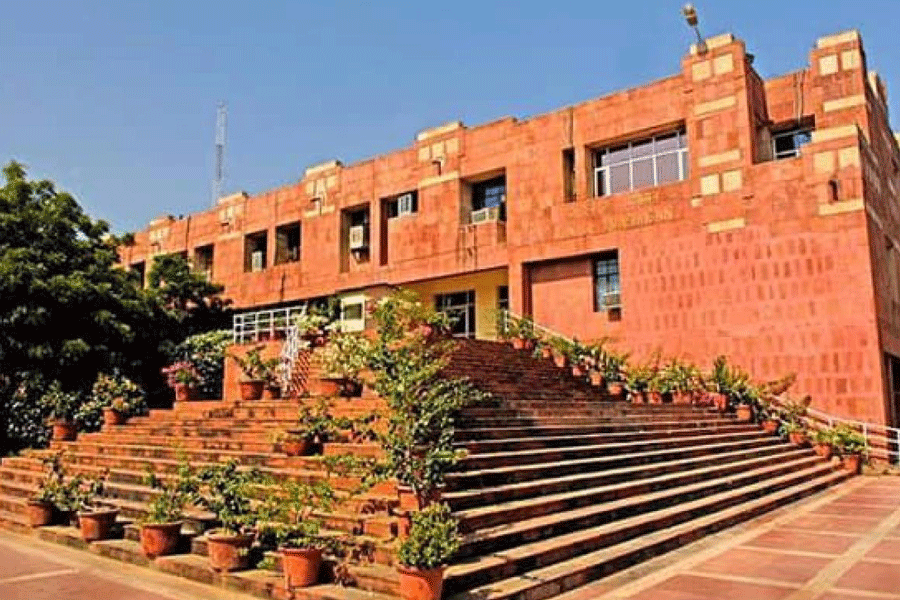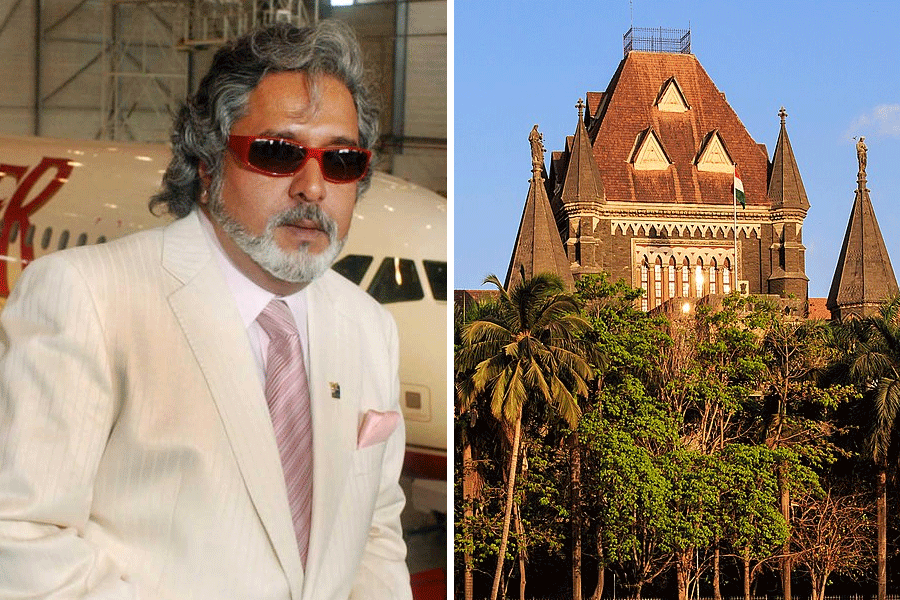During a raid at Jawaharlal Nehru University (JNU) in the early days of Emergency, Delhi Police mistakenly arrested the cook of prominent academic and former MP Prof ML Sondhi, believing him to be part of an alleged political conspiracy.
Historian Sohail Hashmi, who was also detained that night, recalled the incident during an interview with PTI.
"On July 8, 1975, the police raided JNU with a list of names written in Urdu. Hostels were completely surrounded - armed personnel had sealed off the campus," he said.
Anticipating arrest, Sondhi had already left Delhi. But his middle-aged cook, unaware of the political storm brewing, remained at his residence.
"He was just doing his job when police picked him up. He had no idea why," said Hashmi.
"When I saw him at the police station, he was shivering with fear. I asked the officer, 'Why did you arrest his cook?' That's when they realised they had made a blunder," he added.
The raid was carried out based on fabricated intelligence inputs that JNU students were stockpiling weapons for an armed uprising, Hashmi said.
"It was absurd. Some students who were arrested had just come for MA admission interviews," he said.
Hashmi and 13 or 14 others were arrested under the Defence of India Rules (DIR), 1969, which allowed for detention without trial on charges of conspiring against the state.
"We were sent to Tihar Jail and later produced before the Parliament Street Court," he said.
It was only after the intervention of university officials - including Hashmi's research guide, the dean, and the registrar - who testified that no such conspiracy had taken place, that most of the detainees were granted bail.
The Emergency, declared by Prime Minister Indira Gandhi on June 25, 1975, marks 50 years this week. It lasted 21 months, during which fundamental rights were suspended, press freedom was suppressed, and thousands of political activists, students, academics, and opposition leaders were imprisoned without trial.
"JNU was the first academic institution to face such direct repression," Hashmi noted. "And in that sweep, even a cook became a political prisoner." Prof Sondhi was elected to Parliament in 1967 from New Delhi on a Bharatiya Jana Sangh ticket and was known for his sharp, independent views.
He later joined the Indian School of International Studies (ISIS) as a Reader and continued teaching at JNU after ISIS merged with the university in 1971.
Except for the headline, this story has not been edited by The Telegraph Online staff and has been published from a syndicated feed.










